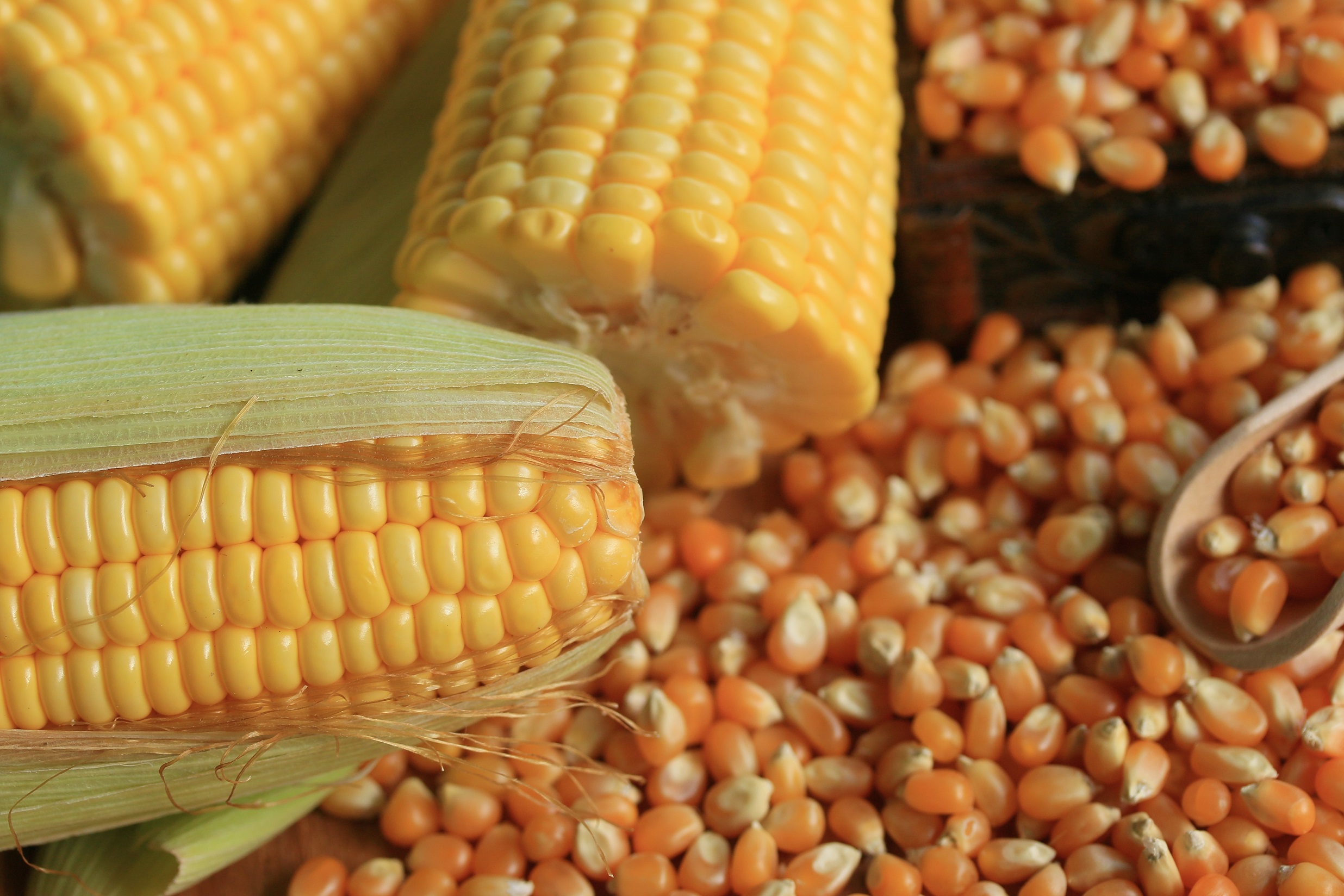West African seed companies are thriving as a result of the harmonization of regulations, actors of the sector have acknowledged during a just-ended regional gathering in Abuja, Nigeria.
Governments, development, and research actors have been working together in the past decade to implement a policy that would allow for the free flow of seeds across West Africa. Funded by the United States Agency for International Development (USAID) and implemented by CORAF on behalf of three inter-governmental bodies, the efforts are seemingly starting to yield fruits.
âThe harmonization of the regulation has made it easy for my company to trade across the different countries in the region,â says Dr. Karim Traore, Seed Regulatory Lead for Bayer Crop Science/Monsanto Burkina Sarl. This company is operating in five West African countries.
Removing barriers for the free movement of seeds across boundaries is one of the central tenets of this policy.
âHaving access to a regional seed market with fewer barriers to seed trade contributes to the growth of seed enterprises,â says Dr. Mohammed Umar, the Permanent Secretary at the Minister of Agriculture and Rural Development in Nigeria.
According to this Nigerian government official, small-scale seed enterprises are now emerging and providing quality seeds to farmers across Nigeria and other countries of West Africa. Nigeria accounts for 60 percent of the total seeds marketed in West Africa.
The Economic Community of West African States (ECOWAS), the West African Economic and Monetary Union (WAEMU), and the Permanent Interstate Committee for Drought Control in the Sahel (CILSS) have mandated CORAF to facilitate the adoption of this policy across West Africa.
âIt is only when the private sector is involved that you will be able to produce the volume of seeds needed to meet the high demand,â explained Dr. Abdulai Jalloh, CORAFâs Director of Research and Innovation.
ECOWAS is among the inter-governmental bodies with interest in the free flow of seeds. As a regional economic tool working for regional integration, ECOWAS’s goal is to see its policy of free movement of people and services across West Africa become a reality.
âIf a researcher discovers a seed variety in any ecological zone, this variety if released in one Member State, it can be multiplied and sold in another one. So, itâs a mechanism that is bringing all the advantages of working together in the same community,â said Mr. Sekou Sangare, ECOWAS Commissioner for Agriculture, Environment, and Water Resources.

Whatâs the Background?
For effective implementation of the seed regulation, actors have put in place a committee known as the West Africa Regional Seed and Seedling Committee (WARSSC). The body meets annually to review progress in view of tacking relevant corrective measures or actions.
Its fifth meeting held from October 16-18, 2019. It is usually an opportunity for all the actors from governments, private sector, donors, and research institutions to examine the state of progress.
âI noted the commitment of all stakeholders to address the challenges that exist in the input sector and particularly in the seed sector. It is very important to give an important place to the private sector in this process because they are the ones who will challenge us and they are the first beneficiaries of this regulation,â said Mr. Abdrahamane Dicko, Program and Policy Advisor, Regional Economic Growth Office at the West Africa Regional Mission of USAID.
About sixty actors from seventeen countries took part at the Abuja event.
Towards Full Implementation
While there is a consensus that progress has been made in the implementation of the policy, member States agree that issues like the registration of new seed varieties, the effective transfer of certain prerogatives to the private sector, challenges of regional trade of seeds among the West African countries need to be addressed so as to make quality seeds accessible and readily available to farmers across the sub-region.
At a recent gathering held in the Nigerian, actors took measures to ensure these issues are addressed at the national and regional levels. Specifically, the Abuja meeting recommended the following:
- Strengthen the mobilization of policy-makers to support countries and the sub-region in the full implementation of the regional regulation;
- mobilize funds for the implementation of activities in each country;
- Strengthen the capacities of Member States to better mainstream all the provision of the harmonized regulation;
- Strengthen communication around the regulation so that it is well disseminated and allows stakeholders to have the necessary information for its implementation;
- Strengthen collaboration with other organizations working in the seed sector;
- Strengthen the private sector engagement in the seed industry;
- Develop or establish reference laboratories for seeds quality control and certification and encouraging Member States to be accredited to OCDE and ISTA standards.
âSeveral countries are already well advanced in the implementation of harmonized seed regulation, but we still have a few countries that are lagging behind. We need to support them a little more so that they can catch up with others and be at the same level of regulatory implementation,â observed Dr. Hippolyte Affognon, Manager of the Partnership for Agricultural Research, Education and Development (PAIRED), a USAID-funded program responsible for advancing the implementation of the harmonized regulation.
Read more :
- Early Signs of Boon for Businesses as Seed Laws are Harmonized
- West Africa Assesses Progress in Implementation of Seed Regulation
- Implementation of Harmonized Seed Regulation in West Africa: What Way Forward?
- âPrivate Sector Growth Real Measure of Seed Regulation Successâ
- âCORAFâs Support Crucial to Our Companyâs Successâ
 English
English
 Français
Français 
